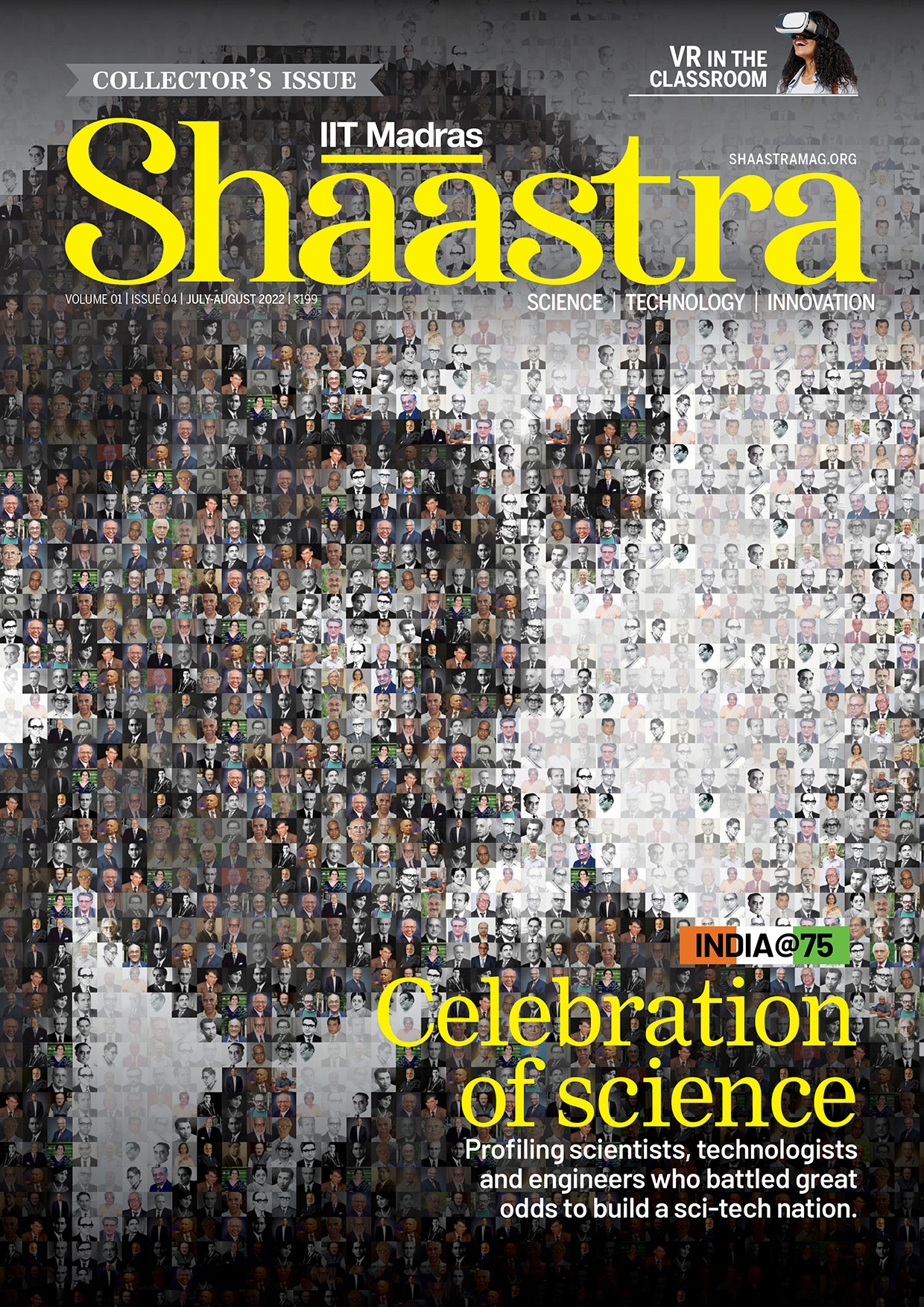Inside the biology maze
-
- from Shaastra :: vol 01 issue 02 :: Mar - Apr 2022

Scientists are pushing the envelope with mind-bending questions - and engineering bacteria to make complex computational decisions.
Biological systems may not be machines in the conventional sense, but it is often useful to think of them as such. It helps to look at an organism from the point of view of an engineer and answer questions that we encounter in the world that we have manufactured.
At the Saha Institute of Nuclear Physics, Kolkata, Sangram Bagh has been asking such questions for some time. One of his key questions is this: can bacteria be engineered to make complex computational decisions? For example, he wanted to see if bacteria can be used to build an Artificial Neural Network (ANN), which is a set of connected units that interact with each other to perform a computing task. Such networks are modelled on the animal brain. A network's components receive inputs and provide outputs, and the aim of the scientist or the engineer is to make the components work together to solve a complex task.
Biologists have been particularly interested in building such systems. The components of living systems are molecules or collections of molecules. Since they are tiny, a network using biological parts will be small and capable of complex decision-making at the micron level (one-millionth of a metre). This ability will be useful for tasks at the cellular level. For example, you could build an ANN that can distinguish between two types of cells. A researcher can use this ability to design different types of treatment to the cells based on their inherent properties. Such methods would require computing based on biology.
The second reason to build an ANN is academic curiosity: to see if biological systems can be designed with as much modular flexibility and precision as we do in engineering. In the process of doing so, scientists improve their understanding of the rules of biology.
PAST ISSUES - Free to Read


Have a
story idea?
Tell us.
Do you have a recent research paper or an idea for a science/technology-themed article that you'd like to tell us about?
GET IN TOUCH














